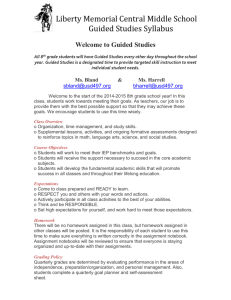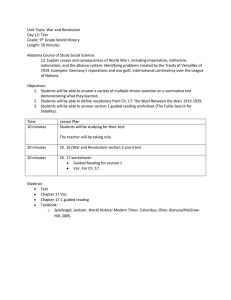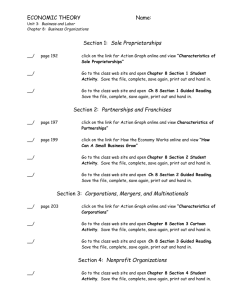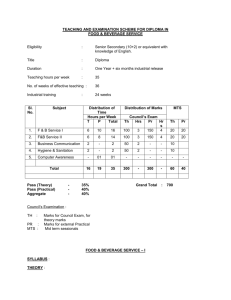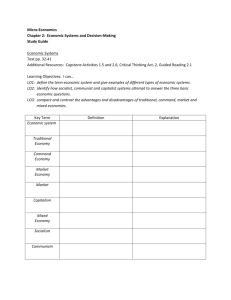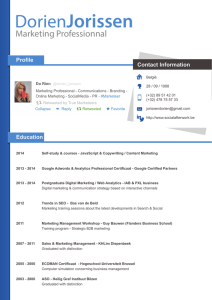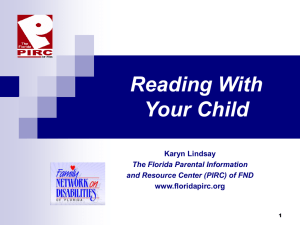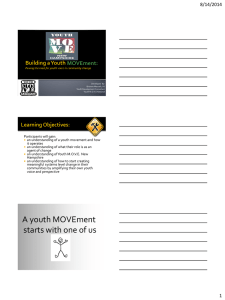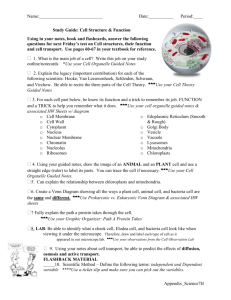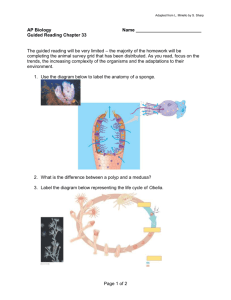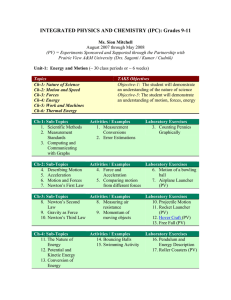Module Title : Digital Marketing Applications (MK
advertisement
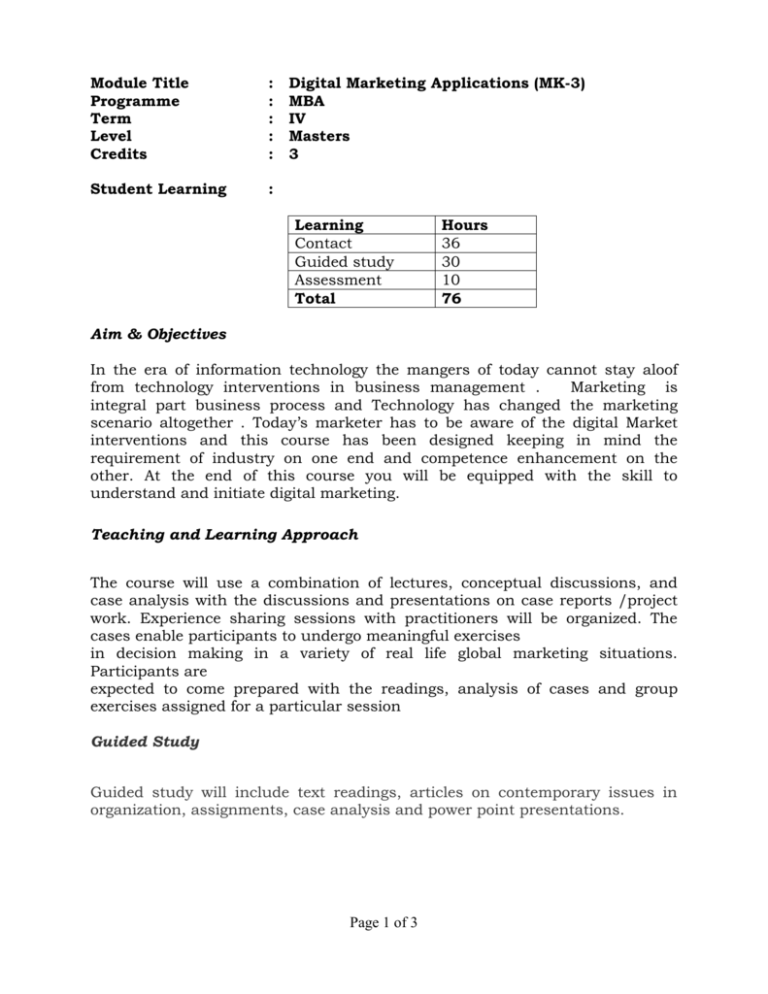
Module Title Programme Term Level Credits : : : : : Student Learning : Digital Marketing Applications (MK-3) MBA IV Masters 3 Learning Contact Guided study Assessment Total Hours 36 30 10 76 Aim & Objectives In the era of information technology the mangers of today cannot stay aloof from technology interventions in business management . Marketing is integral part business process and Technology has changed the marketing scenario altogether . Today’s marketer has to be aware of the digital Market interventions and this course has been designed keeping in mind the requirement of industry on one end and competence enhancement on the other. At the end of this course you will be equipped with the skill to understand and initiate digital marketing. Teaching and Learning Approach The course will use a combination of lectures, conceptual discussions, and case analysis with the discussions and presentations on case reports /project work. Experience sharing sessions with practitioners will be organized. The cases enable participants to undergo meaningful exercises in decision making in a variety of real life global marketing situations. Participants are expected to come prepared with the readings, analysis of cases and group exercises assigned for a particular session Guided Study Guided study will include text readings, articles on contemporary issues in organization, assignments, case analysis and power point presentations. Page 1 of 3 Assessment Assessment of the student will be based on mid-term and end term examination and continuous assessment subject to class participation, assignments and presentations. Indicative Contents Topic Coverage Unit-1 : Marketing A Paradigm Shift. a) Impact of Technology on Marketing . b) Introduction to Digital Marketing as new tool of Marketing Unit-2: Digital marketing scope Unit-3: Key Emerging Digital Marketing Channels Unit-4: Online digital ecosystem Defining digital marketing and its role b) The impact of digital marketing on businesses c) How significant is digital marketing? d) Differences and similarities between digital marketing and traditional marketing communications No. of Lectur es Present ation (s) Case study 4 1 1 a) a) b) c) d) Internet marketing Electronic Marketing Mobile Marketing Ooh Digital Marketing a) Web 2.0 – what works & what doesn’t b) Online Business Models c) Viral Marketing d) E- Mail Marketing e) Search Engine Marketing f) Affiliate marketing g) Cloud Marketing h) Social Media Marketing. Classified Marketing Page 2 of 3 6 4 4 1 1 Unit-5: Mobile Marketing Applications Unit-6: : Social Media Marketing Unit-7: Search (SEO & SEM) and Web Analytics. Unit-8: e Mail Marketing and online PR a) Mobile marketing strategy b) Mobile advertising formats c) Mobile applications, d) How to integrate mobile into digital channel planning a) Social influence marketing b) social media c) Integration of offline and online social media. d) Customer Behavior towards online social marketing. e) Role of social media in Online brand management. f) Social media metrics a) Search Marketing b) SEO process map c) Google Ad words d) Engagement metrics Web Analytics a) e Mail as marketing tool b) Contact strategy c) e-mail campaign d) Permission and Privacy issues. e) Planning, integrating and executing online PR activities f) Tools and techniques for online PR. Social Media PR. 4 1 4 4 6 TOTAL Books/References Recommended: Digital Marketing: Global Strategies from the World's Leading Experts Jerry Wind , Vijay Mahajan ___ Page 3 of 3 1 1
